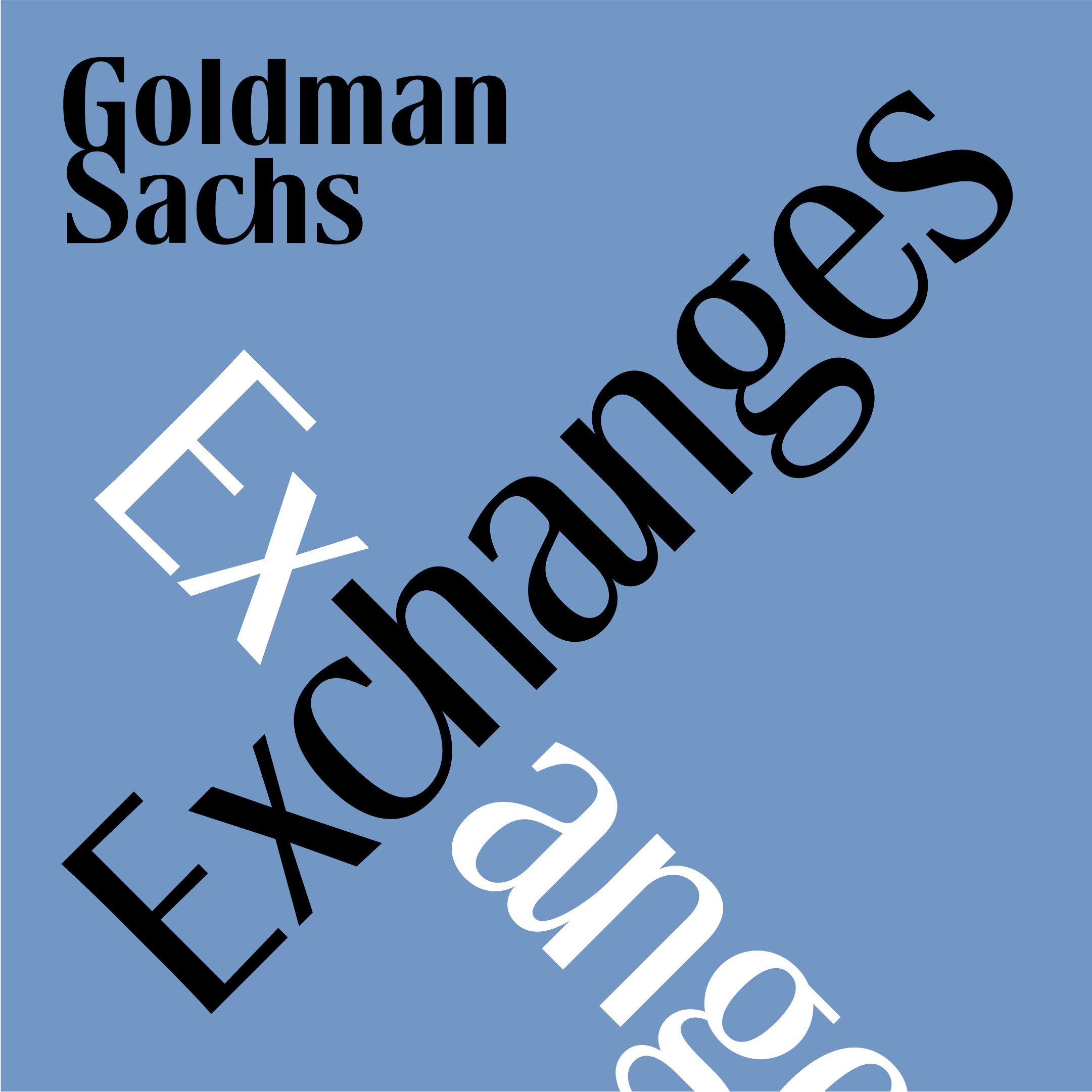Today's Top Episodes

The Healthcare Outlook: Macro Challenges and Biotech Innovations
- Pharmaceutical companies are at the forefront of medical innovation, consistently introducing new drug therapies and integrating cutting-edge technologies.
- The pharmaceutical sector wields substantial economic influence, notably shaping strategies governing drug pricing and market dynamics with significant implications for healthcare systems.
- The pharmaceutical industry faces intricate ethical challenges, including matters of drug pricing ethics, clinical trial practices, and ensuring equitable global medicine distribution.

Revenge of the Meme Stocks
- Short positions in meme stocks like AMC and GME remain significant, with short interest totaling billions of dollars, indicating ongoing bearish sentiment despite past short squeezes.
- The cost to borrow meme stocks, especially Bed Bath & Beyond, has skyrocketed, with new stock borrows reaching 80% or higher, reflecting scarcity and high demand to short these names.
- Hedge funds are increasing both long and short positions overall to chase performance, and are utilizing options trading, which contributes to delta hedging and further market activity in the underlying stocks.

Commodities Outlook: What’s Driving Oil, Gold, and Base Metals
- Commodity prices peaked in the first half of 2022 due to supply disruptions from the Russia-Ukraine war.
- China's economic downturn in the third quarter significantly reduced demand for various commodities.
- The appreciating U.S. dollar, driven by the Federal Reserve's policies, has constrained non-U.S. commodity demand.

How to win: Steve Cohen on markets and the Mets
- Steve Cohen's immense success as a trader stems from his focus on short-term, event-driven opportunities.
- Cohen's trading strategy relies on a large team and constant monitoring of price movements, sometimes executing hundreds of trades daily.
- Despite his success, Cohen's career has been marked by controversy, including a guilty plea for insider trading and a multi-billion dollar fine.

Stagflation and the Fed's next move
-
The Federal Reserve announced flat interest rates but significantly reduced growth forecasts, suggesting a challenging economic environment with higher unemployment and persistent inflation expectations.
-
Investors are faced with uncertainty across fiscal, geopolitical, and economic landscapes, leading to indecisiveness in financial markets and concerns about job stability.
-
Despite Bitcoin's stability around $85,000, there is a lack of substantial buying flow, while gold prices have surged to new all-time highs due to strong central bank purchases, highlighting contrasting investor behaviors.

Will tariffs lead to a recession?
- Tariffs can disincentivize global trade, leading to an economic contraction by reducing international commerce while aiming to boost domestic manufacturing.
- The potential impact of tariffs includes a significant reduction in trade volume, which may not be offset by increased local production in the short term.
- Without effective strategies to counter the trade decline, the economy may face a recession, indicating the delicate balance between trade policies and economic health.

The case for private credit
- The podcast highlights the increasing significance of private credit in commercial real estate, particularly as traditional banks struggle to lend effectively due to regulatory pressures and market challenges.
- The discussion emphasizes the strategic advantage for firms like Peachtree Group to step in and fill the lending void, allowing for lower risk investments while achieving returns comparable to equity strategies.
- Greg Fredman notes that Peachtree Group's approach to investing across both debt and equity positions uniquely positions them to navigate and benefit from the current real estate market dynamics.

The recession question
-
Consumer sentiment plays a crucial role in assessing economic health, as many families feel they're in a recession due to rising costs and stagnant incomes, even if official measures indicate otherwise.
-
Access to credit is vital for businesses, impacting their ability to expand and hire, which can exacerbate economic struggles during downturns.
-
Long-term recovery relies on innovation and the efforts of American workers, highlighting the need for coordinated policies at both government and family levels to stimulate economic revitalization.

Recession watch: How to hedge now
- Investors should consider including commodities in their portfolios as traditional diversification strategies, like bonds, are currently underperforming amidst uncertain economic conditions.
- The discussion highlighted that while bonds are seen as "in a coma," they may regain attractiveness as yields increase, particularly if they approach three percent in nominal terms.
- Concerns about inflation and potential recessions stress the importance of diversification across different asset classes and geographies, such as commodity-linked currencies and international markets, to mitigate risks.

Are credit investors nervous about recession risk?
- Wall Street is currently on edge as a key recession indicator, the inverted yield curve, signals potential economic downturns, historically predicting recessions accurately since 1955, except for a few anomalies.
- Investors are shifting away from short-term to long-term investments amid growing uncertainty in the economy, indicating concerns about immediate financial stability.
- The podcast emphasizes that a recession is inevitable but unpredictable; thus, having a strategic investment plan is crucial to navigate economic fluctuations and capitalize on opportunities when they arise.




